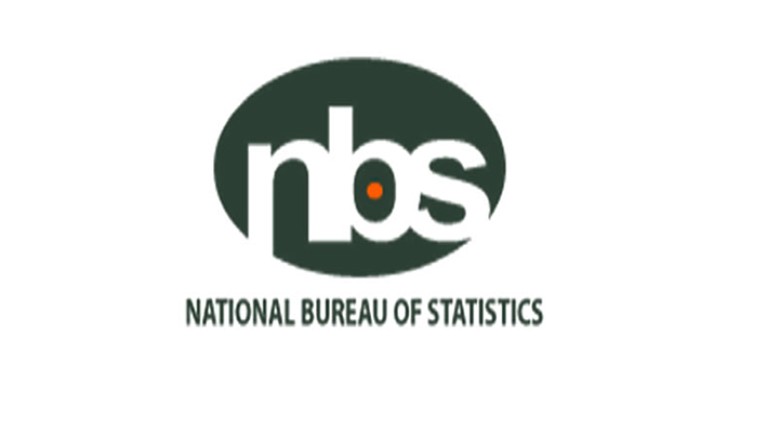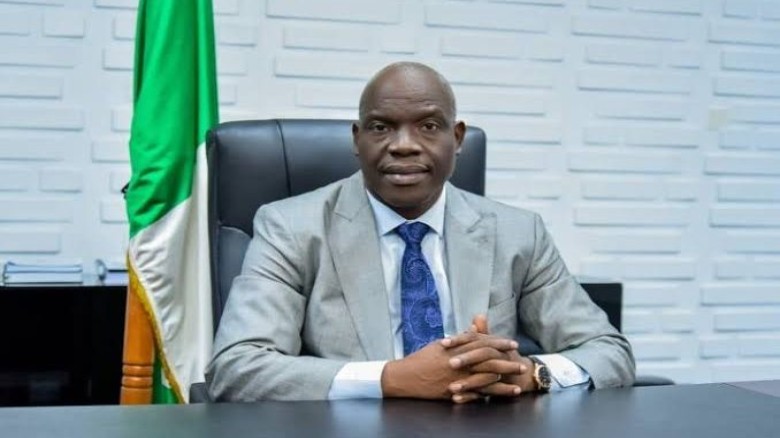Africa urged to improve project management after $555m USAID cut
George Asamani, the Managing Director for Sub-Saharan Africa at the Project Management Institute, has called on African governments, including Nigeria, to enhance project execution following a $555 million reduction in U.S. contributions to the African Development Fund.
He pointed out that this reduction in funding—part of a broader decline in global assistance—poses a significant risk to vital infrastructure initiatives across the continent, including those related to transportation, energy, and water and sanitation systems.
The ADF, which serves as the concessional loan arm of the African Development Bank, offers low-income African nations grants and low-interest loans to aid their development efforts.
However, the Fund is facing a considerable challenge as the United States, one of its largest contributors, has declared a $555 million cutback as a component of its 2025 budget adjustments, citing domestic fiscal constraints.
This decision contributes to a concerning trend of decreasing global aid. The Organisation for Economic Co-operation and Development has reported that official development assistance to Africa dipped by 2.7%, further straining budgets that are already burdened by escalating debt levels and the expenses related to recovery after the pandemic.
The combined impacts of dwindling aid and mounting financial pressures highlight the urgent need for African governments to improve project efficacy and execution in order to maintain infrastructure advancement and social development.
"Asamani stated in a note on Tuesday, enhancing project delivery efficiency is crucial for African nations to attain sustainable development in the face of diminishing aid," according to The PUNCH.
Infrastructure projects in numerous African countries often experience inefficiencies—such as cost overruns and delays—resulting in investment losses of up to 10%, an issue that could be notably mitigated through the adoption of professional project management methodologies.
"Asamani explained, in Africa, where public debt levels are already straining national budgets, improving project execution is vital to ensure that infrastructure investments achieve their intended results without adding to national debt."
Significant obstacles to effective project execution in Nigeria’s public sector include institutional constraints, limited technical skills, and high staff turnover.
Tackling these issues requires coordinated reforms, focused investments in capacity building, and a continuous commitment to professionalisation and good governance.
He stressed the importance of ongoing investment in skills training and strategically placing qualified project management professionals within government departments.
He indicated that such initiatives are essential for bolstering delivery capacity, increasing transparency, and achieving better project results throughout the public sector.
Asamani underscored that enhanced project execution builds public trust, boosts investor confidence, and creates employment opportunities—vital factors for growth and resilience given Africa’s rapidly expanding youth population and rising job requirements.
He asserted that Africa needs to view project management capability as a key strategic economic resource.
























Leave A Comment